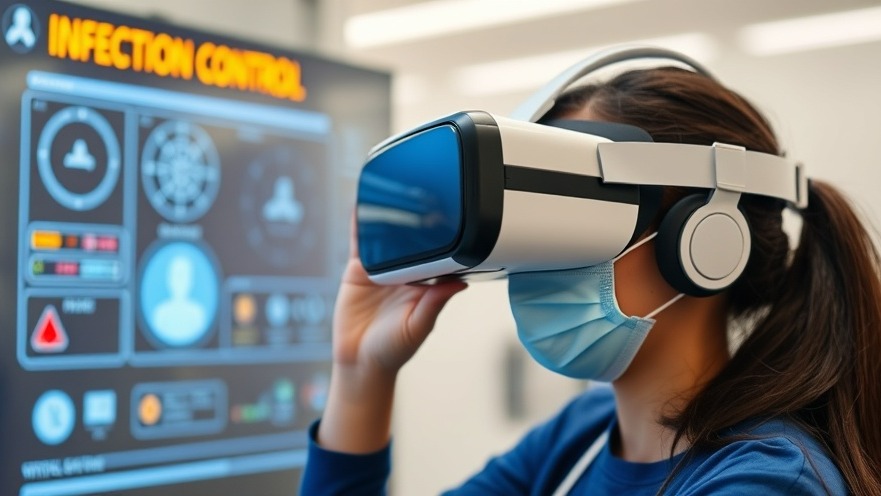
Pioneering Advances in Reproductive Medicine
On April 15, 2025, a significant milestone was achieved in reproductive medicine as Amy Isabel became the first baby born in the UK through a womb transplant. This breakthrough raises not only hope but also a slew of critical ethical considerations as the medical community grapples with the implications of this cutting-edge procedure. Around 15,000 women in the UK struggle with uterine factor infertility, leaving them with limited options like adoption and surrogacy. The ability to undergo a womb transplant might offer a new avenue for those hoping for genetic motherhood...
The Costs and Implications of Womb Transplants
The financial implications of womb transplants cannot be overlooked. The procedure, funded by Womb Transplant UK, is estimated to cost between £25,000 and £30,000 per living donor transplant. This figure accounts only for the transplant itself, excluding essential additional costs associated with IVF treatments and ongoing care. Women considering this option must first store five embryos, as the transplanted uterus is not connected to their ovaries, necessitating IVF for conception. This could lead to significant financial strain for potential recipients, highlighting the urgent need for broader funding and support...
Ethical Quandaries and Access to Treatment
The surge in womb transplant programs worldwide since the first successful birth by a womb transplant in Sweden in 2014 raises ethical questions about resource allocation. As medical professionals, we must consider who gets access to these procedures. Currently, the charitable model limits the number of transplants available, which could inadvertently create inequities in access based on financial ability. Additionally, the ethics surrounding womb donation, particularly from living donors, invites further scrutiny. Establishing clear guidelines is critical to ensure fair and ethical practices...
The Broader Context of Womb Transplants Worldwide
The UK is not alone in exploring womb transplants; global efforts have seen significant advancements in this field, with most clinics offering the procedure integrated into clinical research. Robotic-assisted surgery innovations have improved donor retrieval methods, allowing for less invasive and more precise operations. Understanding this broader context is valuable for healthcare practitioners, as it gives insight into how rapidly evolving technologies can impact patient care...
Future Trends: How This Affects Patient Care
The successful birth of Amy Isabel opens the door to wider acceptance and potential legislative changes around reproductive technologies. Will health insurers extend coverage to procedures like womb transplants, similar to how they've adapted to infertility treatments? This remains to be seen but underscores the importance of healthcare practitioners staying informed of these developments. An awareness of advances such as womb transplants allows practitioners to better counsel patients and advocate for resources...
Actionable Insights for Healthcare Practitioners
Concierge health practitioners should familiarize themselves with the latest developments in reproductive technologies to better serve their patients. This includes staying updated on ethical discussions surrounding access to womb transplants and advocating for comprehensive policies that support patients financially and emotionally. Additionally, educating patients about the complexities and steps involved in womb transplants will empower them to make informed decisions about their reproductive choices...
 Add Row
Add Row  Add
Add 














Write A Comment